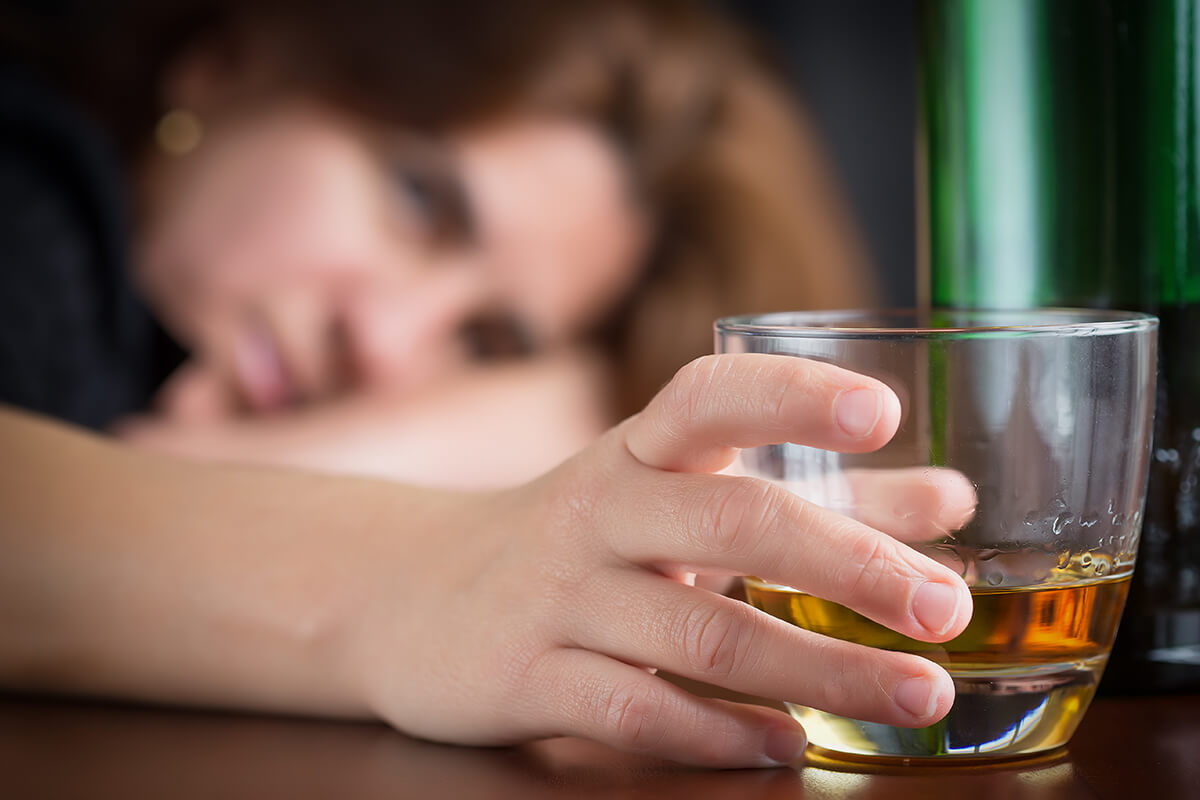When it comes to you recognizing the signs of addiction in a spouse, that might be challenging for those who put up natural blinders. It is not uncommon for individuals who have a spouse suffering from addiction to say they never saw the warning signs. That might sound strange to those on the outside. The truth is it the signs of addiction can come on suddenly because they are not always blatant. And, because drug and alcohol addiction can occur over a slow and progressive timeframe, spotting behavior changes is also a challenge.
Understanding Why Addiction Happens
Before learning about the signs of alcoholism in your spouse, you must first understand why addiction happens. No one sets out with goals to become addicted to any specific substance. It is not their goal, but instead, it is something that happens over a length of time. People from all walks of life develop addictions. You can find people suffering from addiction anywhere, including homeless shelters and high-rise offices.
When someone starts becoming dependent, their behavior is driven by their need for getting more of a substance. There is no magic remedy or off switch that helps eliminate someone’s addiction. Finding a specific cause for addiction is challenging because it develops in people for many reasons. Some people might be looking for ways to relax after work, while others might want to numb painful memories. It is important to find an addiction treatment center that can help your loved one gets the help they need.
A Look at the Signs of Addiction
There are countless telltale signs of addiction in spouses that you should know. If you believe your spouse’s substance use is turning to abuse, then you might be noticing some of these signs:
- Blacking out or having memory issues
- Blaming others for their negative life experiences or poor behavior
- Experiencing legal consequences due to their substance use
- Having violent outbursts or severe mood swings
- Hiding how much they are using or using it in secret
- Neglecting home or work-related responsibilities
Statistics reported from the Centers for Disease Control and Prevention (CDC) reveal that men are more likely to drink excessively compared to women. This data shows us that, over the past 30 days, 58% of adult men reported that they drank alcohol. During that same timeframe, 48% of women reported drinking alcohol. That means that, even though men have a higher statistic, it is possible to see the signs of alcoholism in anyone regardless of gender.
Do Not Enable Your Spouse
If you start noticing the signs of addiction, you must not enable their behavior. By not enabling them, you are showing this person how much their addiction is impacting the marriage. You are also showing them how their addiction is negatively impacting their health and life. There are many consequences and adverse effects that go along with addictive behavior. If you continue to enable your spouse, you are removing those things.
When you are not enabling your spouse, it allows them to experience the full impact of their addiction. In doing so, that might make them see that a problem is there. Once they see how much their addiction is affecting the lives of those around them, they might understand that it is time to seek treatment.
Know That Addiction is Not Your Fault
No matter how many times you hear this, addiction is not the fault of a spouse or partner. When a person struggles with addiction, it is not uncommon for them to blame those who are the closest to them. However, the blame does not make it accurate. Instead, a variety of reasons lead to a person becoming addicted to a substance. Those reasons are rarely the fault of a spouse or partner.
Final Thoughts
If you believe that your spouse is showing signs of addiction, you might find yourself full of questions and worries. No one should have to experience such concerns without the best support system. Blueprint Recovery Center offers programs to ensure your loved one gets the help that they need. These programs include:
- Outpatient Treatment Program
- Intensive Outpatient Program (IOP)
- Partial Hospitalization Program (PHP)
- Alumni Program
Contact 833.654.1004 to learn how you can approach your spouse and ways we can help. Addiction does not have to control your life any longer.







